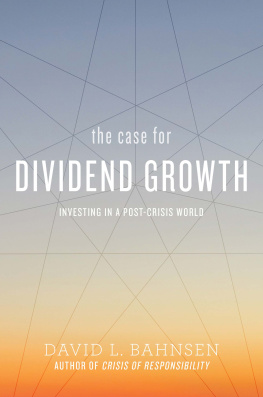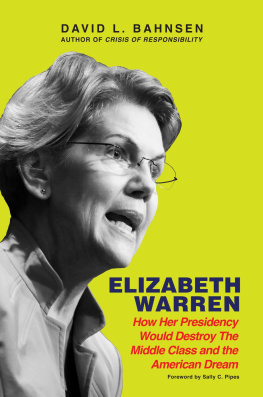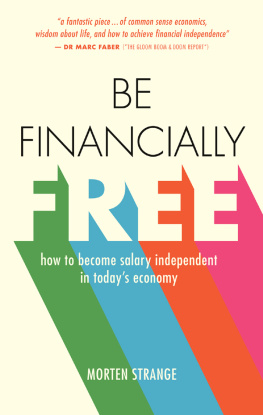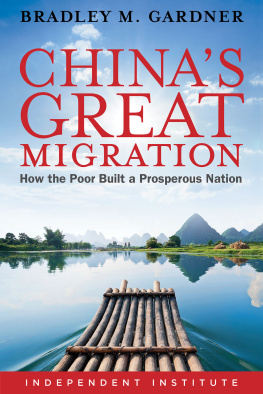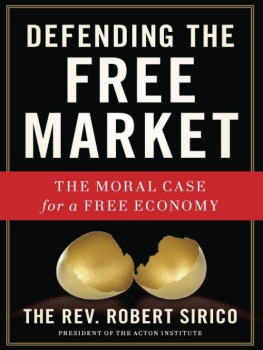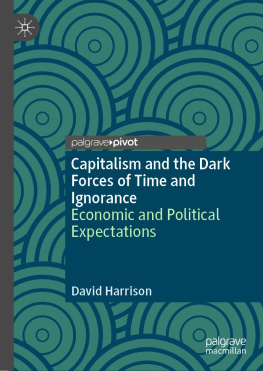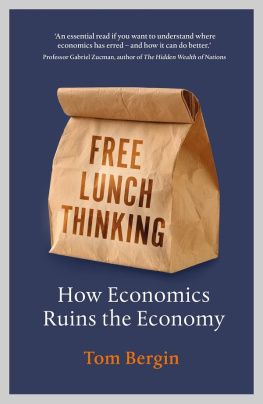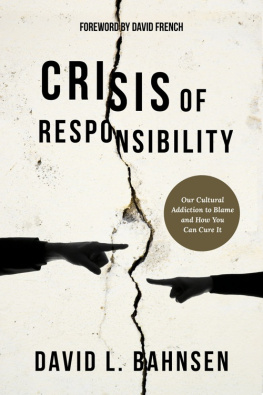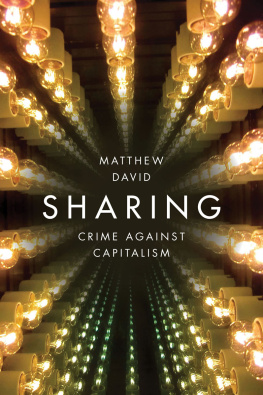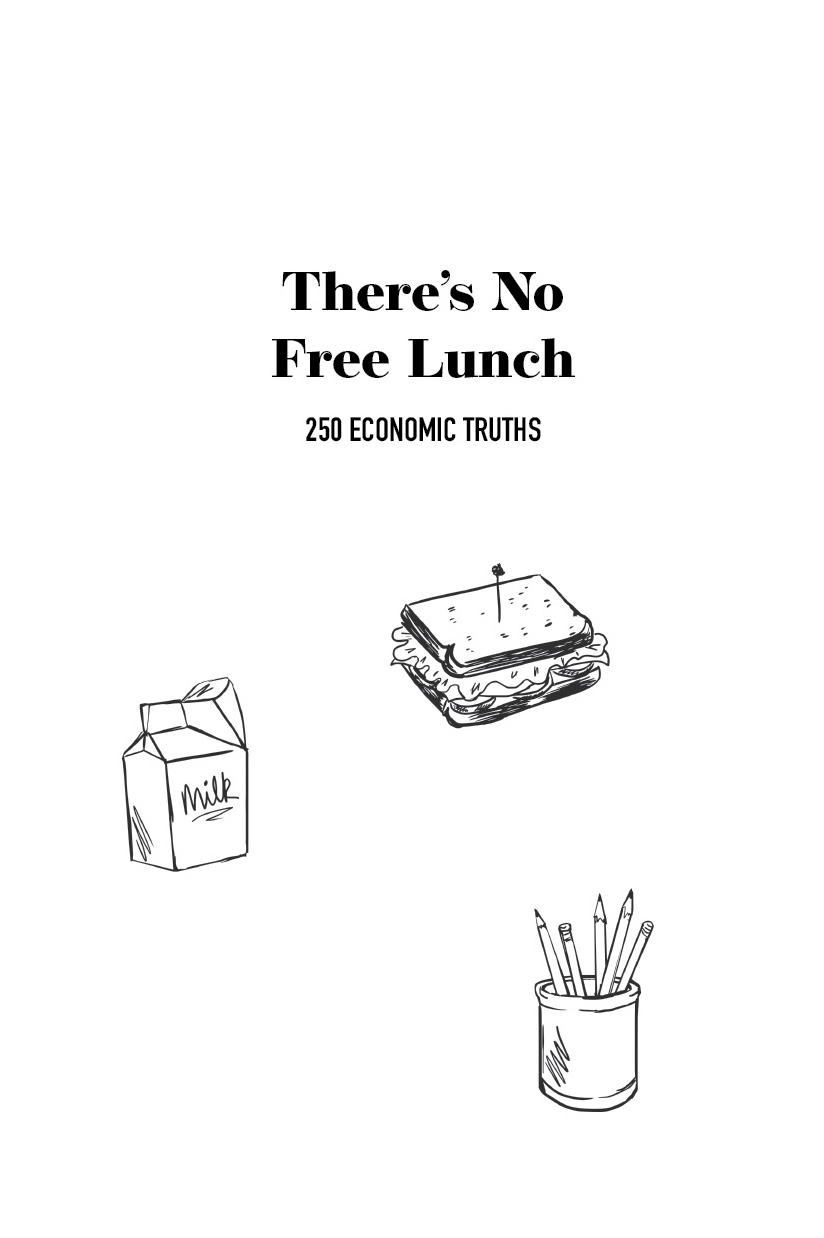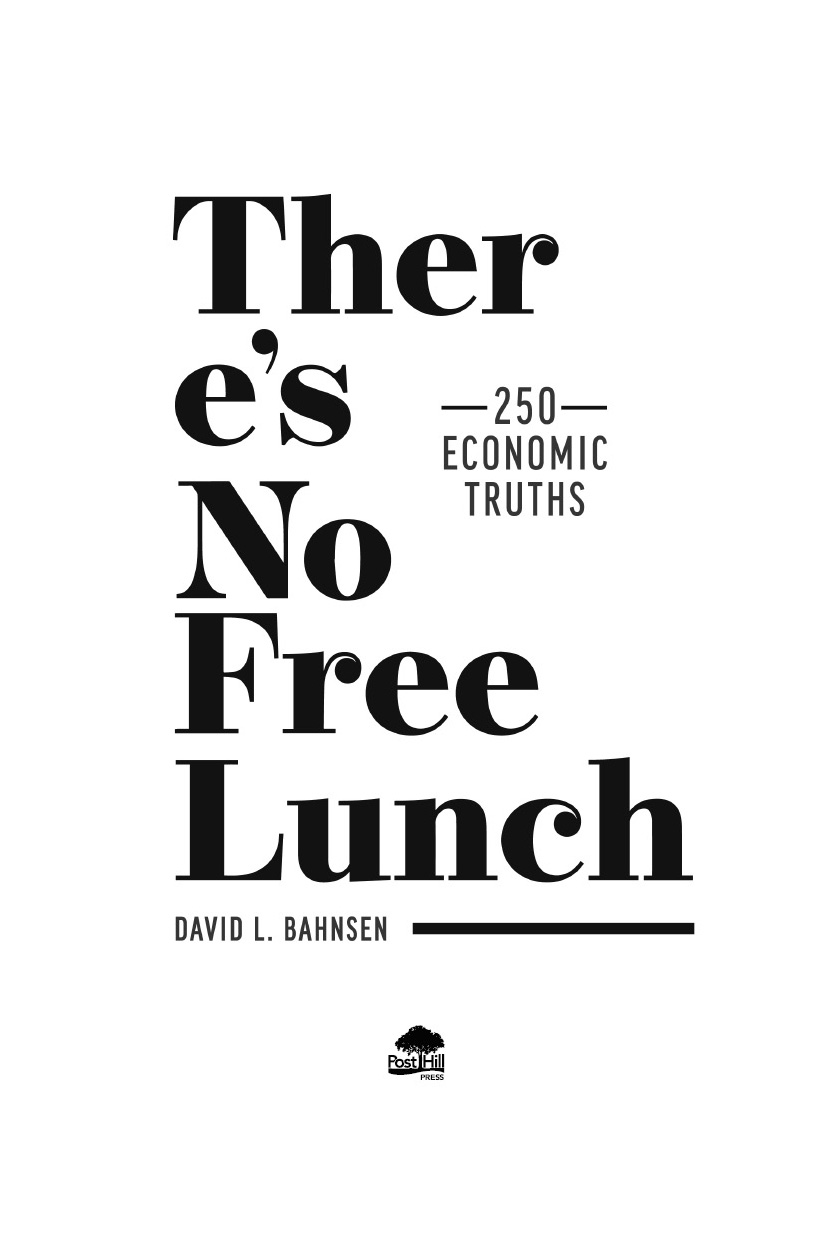Also by David L. Bahnsen
The Case for Dividen d Growth:
Investing in a Post-Cr isis World
Crisis of Respon sibility:
Our Cultural Addiction to Blame and How You C an Cure It
A POST HILL PRESS BOOK
Theres No F ree Lunch:
250 Econo mic Truths
2021 by David L. Bahnsen
All Right s Reserved
ISBN: 978-1-6 3758-014-1
ISBN (eBook): 978-1-6 3758-015-8
Cover art by M ina Widmer
Illustrations by Sarah Ja ne Souther
Although every effort has been made to ensure that the personal and professional advice present within this book is useful and appropriate, the author and publisher do not assume and hereby disclaim any liability to any person, business, or organization choosing to employ the guidance offered in this book. The information and advice herein is not intended to replace the services of financial professionals, with knowledge of your personal financial situation. The advice and strategies contained herein may not be suitable for your situation. You should consult with a professional where appropriate. Neither the publisher nor author shall be liable for any loss of any profit or any other commercial damages, including, but not limited to special, incidental, consequential, or other damages.
No part of this book may be reproduced, stored in a retrieval system, or transmitted by any means without the written permission of the author and publisher.

Post Hill Press
New York Nashville
posthil lpress.com
Published in the United States of America
DEDICATION
This book is dedicated to Eric Balmer and Aaron Bradford.
Far more than my Triple B book club companions for over fifteen years, you have been my brothers and friends for nearly thirty years. I am a better person as a result of having you both in my life. There are no words to capture the gratitude I have for you and your lo ve for me.
May you flourish daily in freedom and virtue, cherishing the good life we all care about so dearly.

Table of Contents
One of the challenges in understanding economics, or for that matter, teaching it, is first defining it. There are all sorts of subjects and disciplines where intelligent men and women disagree over particulars, but few I can think of where the basic definition of the subject is disagreeable. I am convinced that a substantial amount of the travesty of economic teaching permeating today starts with a flawed definition that is attempting to be taught.
Dylan Pahman defines an economy as the cultivation of creation, through human labor, for the provision of human needs, through relationships of exchange. This captures the essence of the great contribution from Ludwig Von Misesthat fundamentally economics is the study of human action. Pahman adds the anthropological necessity to how we understand human action as the basis for economics, and he specifies the area of human action that is distinctly economicthat is, relationships of exchange.
It is my desire in this book to present basic truths of economics, and yet if economics were what we are told it is todaya series of metrics and formulas intended to optimize the distribution of scarce resourcesthe book would primarily be a math or science book. This book is not a math or science book, because economics is not a math or science d iscipline.
Vladimir Lenin famously said that any business could be run by anybody who can read and write and knows the first four rules of arithmetic. His egalitarian worldview that desired everyone doing the same work and receiving the same wages only partially explains his tragically flawed view of what a business was and how it could succeed. Lenins fundamental flaw was not understanding the humanity of a business, which is to say, the innovation and creativity that drive e nterprise.
But even that can be restated more accurately this way: Lenin (and all socialist/Marxist/collectivists) failed to understand that man is created in the image of God. Business cannot be reduced to the commoditized functions of technocratic operations, because business flows from the creative spirit of mankind, and the creative spirit of mankind comes from our status as image-bearers of God. If you get this wrong, you will get everything else wrong. Lenin is case in point.
So it is with the broad study of economics. Not only do our business endeavors in the modern context of professional pursuits stem from important truths about the human person, but so does everything that forms civilization. It has always been so. My vision for this book is not merely to address contemporary controversies in the context of human action but the entire foundation of the fieldits aim, its purpose , its end.
As you will see in the very first section of truths presented, human flourishing is the aim of my study of economics. I do not believe a secular view of markets, divorced from the dignity of mankind which flows out of creation, can lead to the kind of human flourishing for which our hearts yearn. A secular view of markets can be thought of as right-wing (Randian) or left-wing (collectivist), but both stand together in failing to put the focus on the dignity of the human persona dignity understood best by viewing man as image bearers of God. God is the creator and innovator, and man, as His image-bearer, is to be creative and innovative. If we never studied another thing about economics but understood that, we could do far, far worse.
I chose the topics that I did to organize these economic truths because I believe they synthesize opportunity for application with key first principles. I do not want a student of economics to consider minimum wage laws without first understanding basic principles of economics, and yet there is no point in studying the principles of economics without the ability to apply them to issues such as minimum wage laws.
I would suggest that the vast majority of poor economic policies we have seen over the years do not come from those who disbelieved key principles, but rather those who failed to consistently apply the principles they claim to believe in to matters of application. These subjects can be messy, complicated, and lead to temptations to sway from our belief system. What I want this book to do is help solidify ones belief system about economics and aid in that application to the messy issues o f our day.
I have tried my best to limit use of obscure or esoteric vocabulary in the book. Some expressions may seem awkward at first glance (the knowledge problem), but I hope they will be defined and explained in such a way that you will see the indispensability of the framework. Using that very example, it is the knowledge problem (how information is best seen and understood in a society) that is the basis for my view of a market economy, of a limited role of the state in such, and for basic doctrines of social organization. The verbiage is all intended to be adequate for the task of explanation and formation without becoming excessive in c omplexity.


